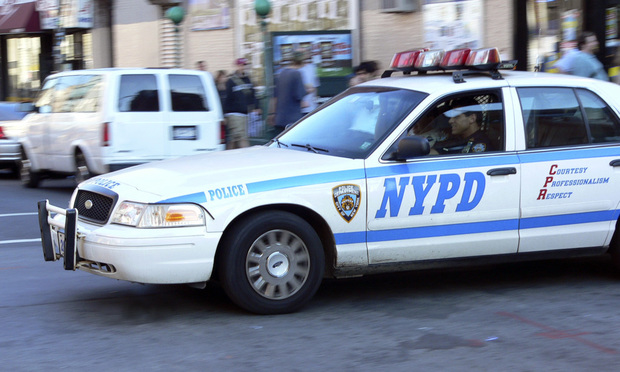
 NYPD. Photo: Bigstock
NYPD. Photo: Bigstock
When judges deny hearings, the officers do not take the stand; they do not testify under oath; they are not subjected to scrutiny by the judge and the litigation process itself. If any misconduct took place, it does not see the light of day.
January 24, 2019 at 11:49 AM
1 minute read
Presented by BigVoodoo
The New York Law Journal honors attorneys and judges who have made a remarkable difference in the legal profession in New York.
Law firms & in-house legal departments with a presence in the middle east celebrate outstanding achievement within the profession.
The premier educational and networking event for employee benefits brokers and agents.
A large and well-established Tampa company is seeking a contracts administrator to support the company's in-house attorney and manage a wide...
We are seeking an attorney to join our commercial finance practice in either our Stamford, Hartford or New Haven offices. Candidates should ...
We are seeking an attorney to join our corporate and transactional practice. Candidates should have a minimum of 8 years of general corporat...
MELICK & PORTER, LLP PROMOTES CONNECTICUT PARTNERS HOLLY ROGERS, STEVEN BANKS, and ALEXANDER AHRENS
